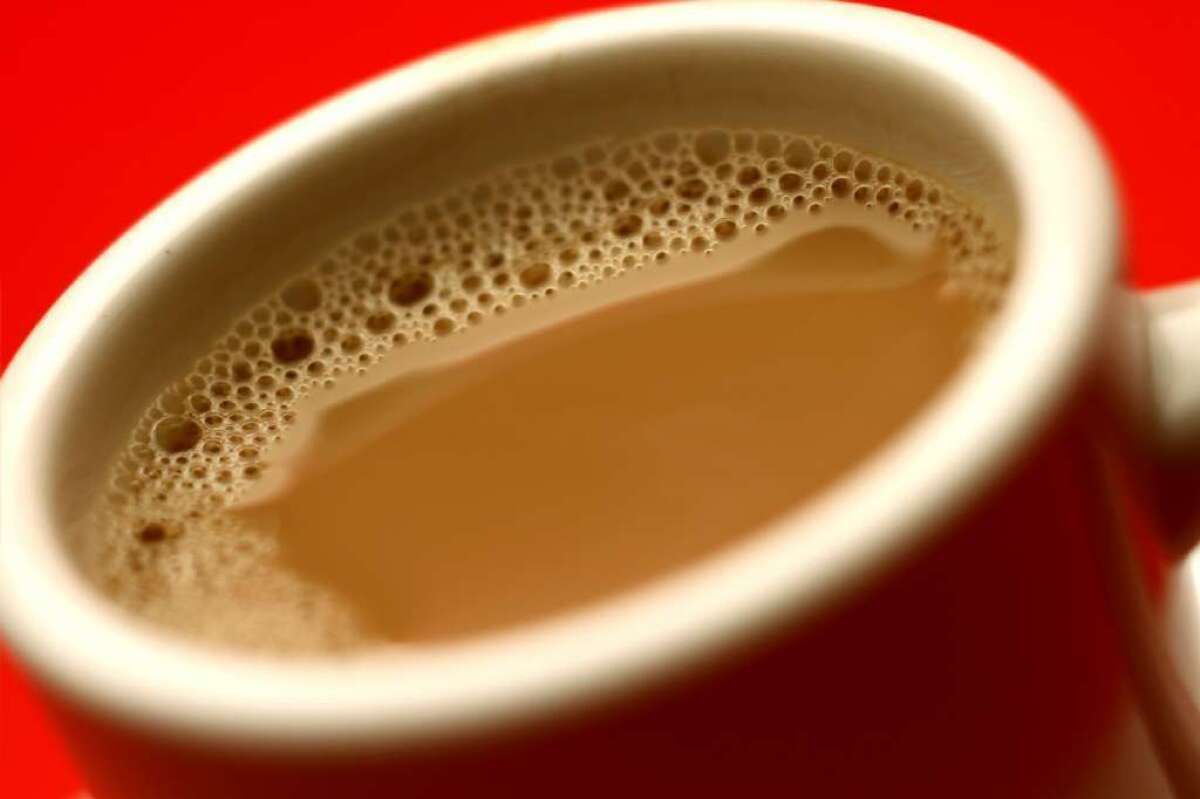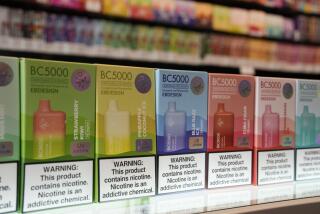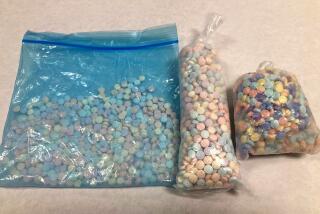73% of kids get a caffeine jolt on any given day, study says

- Share via
Our kids may be consuming more caffeine than we realize. A new study finds that 73% of children and young adults in the United States have caffeine in their systems on any given day.
Over the last 10 years, the overall percentage of children and young adults aged 2 to 22 who ingest caffeine has stayed the same, but the way they get that caffeine has changed, according to a study published Monday in the journal Pediatrics.
Among kids, soda consumption is down, and coffee consumption is up. In 2000, 62% of young caffeine consumers got their caffeine jolt through soda. By 2010, however, just 38% of the caffeine ingested by kids came from soda.
And while coffee accounted for 10% of caffeine intake among youngsters in 2000, by 2010, it was responsible for nearly a quarter of their caffeine intake.
Tea held steady as the No. 2 way that kids got caffeine throughout the duration of the study.
Amy Branum, a health statistician with the Centers for Disease Control and Prevention, told the Los Angeles Times that she and was surprised that caffeine consumption among kids had not grown more.
“You hear a lot about energy drinks in particular so we expected to see an increase,” she said. “That was our original hypothesis.”
The percentage of kids who got caffeine from energy drinks did grow from 0% to 6% over the course of the study, but that is mostly because energy drinks were not available when the study started.
“In 2005 we saw a very small percentage, less than 5% of kids, who got caffeine from energy drinks, and then it was 5% and then it was 6%, so it was not exponential increases,” she said.
It is still unclear just how harmful caffeine is to kids, but the American Academy of Pediatrics says caffeine-containing beverages should generally be avoided by children.
The study also looked at the demographics of caffeine-drinking kiddos. It found that non-Hispanic white children were more like to consume caffeine than non-Hispanic black or Mexican-American kids, and that higher income kids were more likely to consume caffeine than those who fell below the poverty threshold.
Are you all hopped up on science and health? Follow me on Twitter for more like this.







